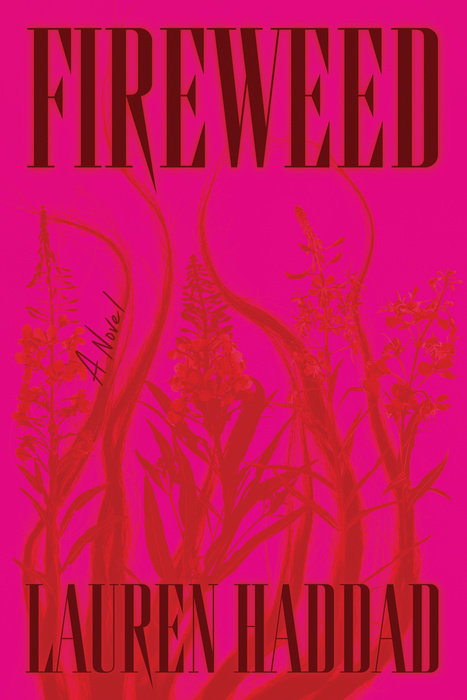
"Unflinching and quietly devastating."—The Seattle Times
"[A] spiky and unnerving thriller."—The Brooklyn Rail
"Haddad’s debut novel shows off her mastery of prose and physical description, infusing each page with believable realism."—Associated Press
In the mowed-down industrial north of Prince George, Canada, “white trash” housewife Jenny Hayes shares a fence with the only First Nations woman in the neighborhood, Rachelle, and her two little girls. Jenny desperately wants a child and can’t understand why Rachelle, with her trash-pocked and overgrown yard, should have what Jenny wants most in the world. But Jenny tries to suppress her judgment as she has with her mother Fi, a cougar who chain smokes cigarettes instead of changing the full diapers of her boyfriend’s kids, and Missy, her best friend with Juicy Couture pulled tight over her baby bump and an unfurnished McMansion. Instead, she volunteers to babysit Rachelle’s girls— brushing hair, folding laundry, and ignoring the stilettos tucked under the bed in Rachelle’s disheveled home.
But when two young women—the strawberry blonde, blue-eyed Beth Tremblay and Jenny’s own neighbor, Rachelle—disappear along Highway 16, only Beth’s face and name are plastered on billboards and broadcasted over the air. Rachelle’s daughters are carted off by the state, and Jenny takes it upon herself to investigate. After all, Jenny thinks, who else is looking for her pariah of a neighbor? Jenny stutters through police encounters, asks the people living on the Rez all the wrong questions and ultimately faces—alongside the reader—the complicated motive behind her “investigation.”
With great awareness and care, Lauren Haddad’s portrait of Jenny brilliantly exposes first our impulse to seek the myths—as opposed to the realities—of race, class, and gender oppression in rural communities, and the consequences when our concern for others is clouded by self-preoccupation. Gripping, unflinching, and rebellious, Fireweed begs the question: just how good are our good intentions?
Book Details
"Haddad’s debut novel shows off her mastery of prose and physical description, infusing each page with believable realism. [ . . . ] The novel is altogether an exploration of intersectionality, showing how the existence of disenfranchisement in one group doesn’t negate the disenfranchisement of another, though it still calls for nuance and compassion. Fireweed leaves readers with the overall sentiment that there is danger in doing things the way they have always been done."
—Rachel S. Hunt, Associated Press
"Unflinching and quietly devastating, this novel explores the stories we tell to justify injustice — and the ones we finally start listening to when it’s too late."
—Jordan Snowden, The Seattle Times
"Lauren Haddad’s debut, Fireweed, [is] a spiky and unnerving thriller depicting the most uncomfortable relationship between white and Indigenous people since Nathan Fielder’s The Curse."
—Sam Franzini, The Brooklyn Rail
"A full-bodied awakening-to-injustice novel."
—Kirkus Reviews
"Haddad investigates what happens when a community turns all of their attention to a missing White woman but ignores when an Indigenous woman goes missing. Her taut writing and pace magnificently give readers a claustrophobic experience that is rarely felt on the page."
—Adam Vitcavage, Debutiful
"[Fireweed is] a complex exploration of injustice, performativity, and intersectionality."
—Literary Hub


